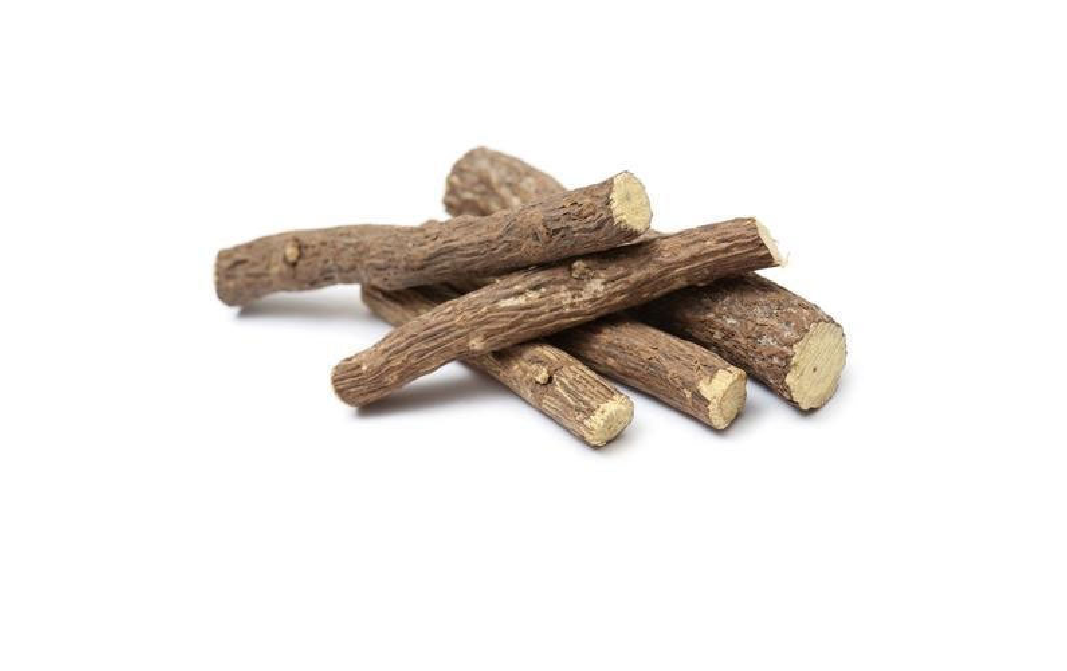


Licorice can be bought as root or as a finely-ground powder based on one's requirement. Check that it is clean and free of dirt and impurities.
Long term consumption of licorice daily may lead to high blood pressure, weakness, paralysis, and sometimes brain damage in people. It is worse in people with heart disease, kidney disease, or high blood pressure. Licorice may also cause tiredness, headache, absence of a menstrual period in women and bloating.(2)
- Disclaimer
"Information here is provided for discussion and educational purposes only. It is not intended as medical advice or product or ingredient review/rating. The information may not apply to you and before you use or take any action, you should contact the manufacturer, seller, medical, dietary, fitness or other professional. If you utilize any information provided here, you do so at your own risk and you waive any right against Culinary Communications Private Limited, its affiliates, officers, directors, employees or representatives.”
Description
Licorice is a leguminous plant that grows around 5 feet tall, bearing small lilac flower and bean like pods. The roots have an extensive network of rhizomes. Licorice is mostly harvested for its roots, which are quite sweet in taste. The roots are cleaned, pulped, then boiled to a concentrate and then used. Its scientific name, Glycyrrhiza, is derived from the Greek words glykys, which means “sweet,” and rhiza, meaning “root.” It’s native to Europe and Asia. It has been in use since ages in different parts of Asia and Europe both as a sweetener and as a medicine. It is an important herb in Chinese and Indian traditional medicine.